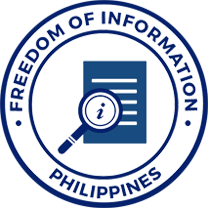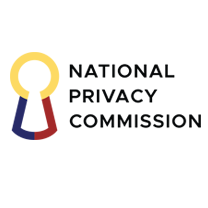The Philippines Department of Justice – Office of Cybercrime (DOJ-OOC), in partnership with the Council of Europe and the European Union, under Global Action on Cybercrime Extended (GLACY+) Project, spearheaded the conduct of the International Workshop On Judicial Training Strategies On Cybercrime and Electronic Evidence on 12-14 December 2017 at the Marco Polo Hotel in Cebu City.
The workshop aims to equip judges, magistrates, and prosecutors with relevant knowledge to fulfil their roles effectively to keep up with the ever increasing challenges posed by the rise of crimes committed by, through, or with the use of computer systems.
Representatives of judicial authorities, prosecution service, and relevant training academies and judicial institutions from the member-countries of the Global Action on Cybercrime Extended (GLACY+) and the Association of South East Asian Nations (ASEAN) attended the event, namely: Brunei, Costa Rica, Dominican Republic, Ghana, Mauritius, Morocco, Myanmar, Nigeria, Philippines, Senegal, Singapore, Sri Lanka, Thailand, and Tonga.
The event is set to provide an opportunity to discuss judicial training programmes and identify international best practices, key principles to design, implement, develop and assess training strategies on cybercrime and electronic evidence.
By the end of the three-day event, it is expected that participants will enhance knowledge on how to build, enact and assess an effective and sustainable judicial training strategy on cybercrime and electronic evidence; identify key requirements, challenges and best practices in the implementation of capacity building programmes dedicated to judges, magistrates and prosecutors; and provide inputs and contribute to further developing the existing judicial training programmes available.
The Philippines is the first country in the ASEAN Region to be enrolled in the accession process to the Budapest Convention and is considered as a regional best practice in raising awareness on international standards to strengthen the response of the criminal justice authorities to the growing threat of cybercrime and cyber-related crimes.







